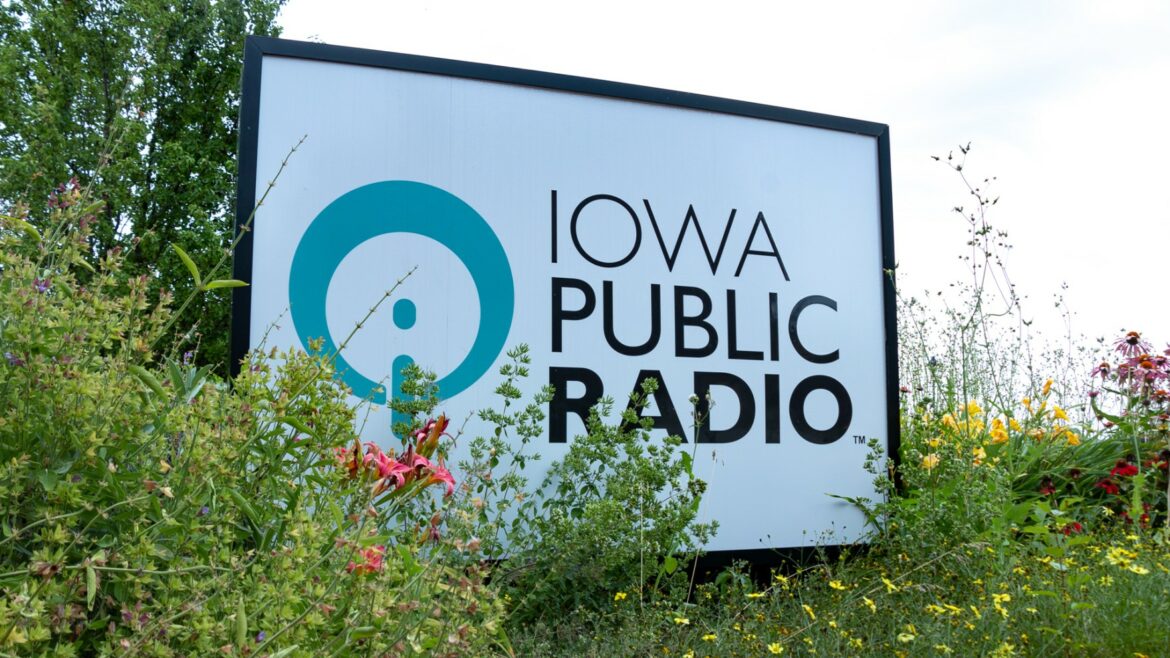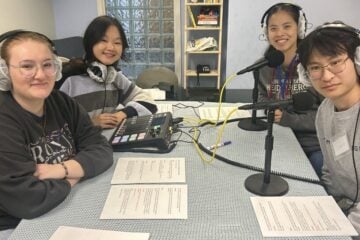Board of regents approves Iowa Public Radio ownership transfer

Courtesy Iowa Public Radio
The Iowa Board of Regents unanimously approved a plan Wednesday to transfer ownership of three university licensee stations to Iowa Public Radio.
The vote is the first step in the transfer process. IPR’s board of directors and the FCC must approve the transfer of broadcast licenses before the ownership change is finalized.
The plan approved by the board of regents would also transfer ownership of a tower site comprising a small parcel of land and towers owned by the University of Iowa.
Once the board of regents submits its license transfer request to the FCC, the commission’s review and approval process could take three to six months, said board of regents staffer Aimee Claeys during the board’s meeting. “Our goal is to close by June 30, but once we get before the FCC it’s out of our hands,” she said.
“It’s extraordinarily complex,” said Michael Richards, board president. “But we’re finally getting there.”
The Iowa Public Radio board of directors is scheduled to make a decision on the asset purchase agreement at its next meeting Monday.
While the University of Iowa, Iowa State University and the University of Northern Iowa still hold the licenses for stations in Ames, Cedar Falls and Iowa City, IPR began managing broadcast operations 15 years ago. Although IPR has functioned as the primary fundraiser for the state’s public radio network during that time, the universities have dedicated staff and other resources toward its operations. The transfer would allow the universities to redirect those resources to other major institutional initiatives, Claeys said.
The board of regents of Iowa’s three state universities eliminated university funding for IPR in fiscal year 2020 as they faced increased expenses and $200 million in lost revenues. The lost $875,000 subsidy that year amounted to 10% of the network’s budget.
IPR’s ownership transfer follows a trend of universities spinning off their public radio stations. Between 2000 and 2019, 91 university licensees sold 114 public media stations, according to the University Station Alliance.
“This proposal is not unique,” Claeys said. “This is something that is happening across the country with consolidation of previously owned university radio stations into a new and better model. So we’re not a forerunner in this.”






